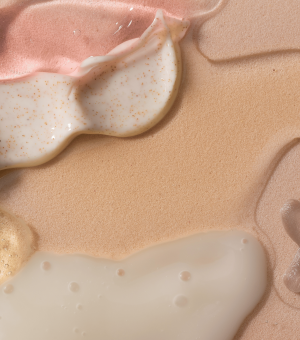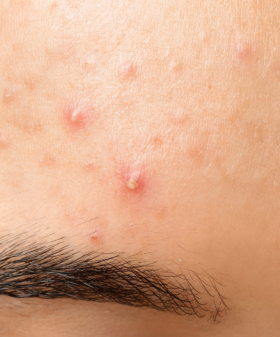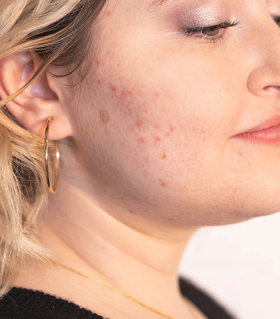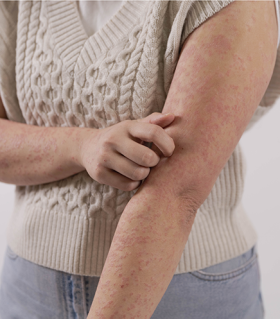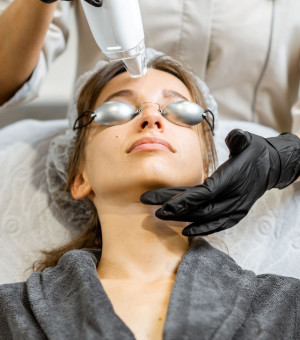Start slowly: If you've never used products containing salicylic acid before, it's best to start with a lower concentration and see how your skin reacts. You can gradually increase the concentration or frequency of use if your skin tolerates the product well.
Follow the manufacturer's instructions: Follow the instructions for use on the product label as they are designed to minimize side effects and maximize the effectiveness of the product.
Use sunscreen: Salicylic acid can make your skin more sensitive to the sun. Therefore, it is important to use a broad spectrum sunscreen of at least SPF 30 when using products containing this ingredient.
Conclusion
Salicylic acid is a versatile and effective ingredient in the treatment of a variety of skin conditions, including acne, blackheads, whiteheads, warts and psoriasis. It works by exfoliating the skin, cleaning the pores and reducing inflammation. However, it is important to use salicylic acid with care and follow the manufacturer's instructions to minimize potential side effects, such as irritation, dryness and allergic reactions. Start slowly and adjust your use based on your skin's reaction. Remember to use sunscreen to protect your skin from harmful UV rays. If you have any concerns or questions about using salicylic acid for your skin type, it is always best to consult a dermatologist.
